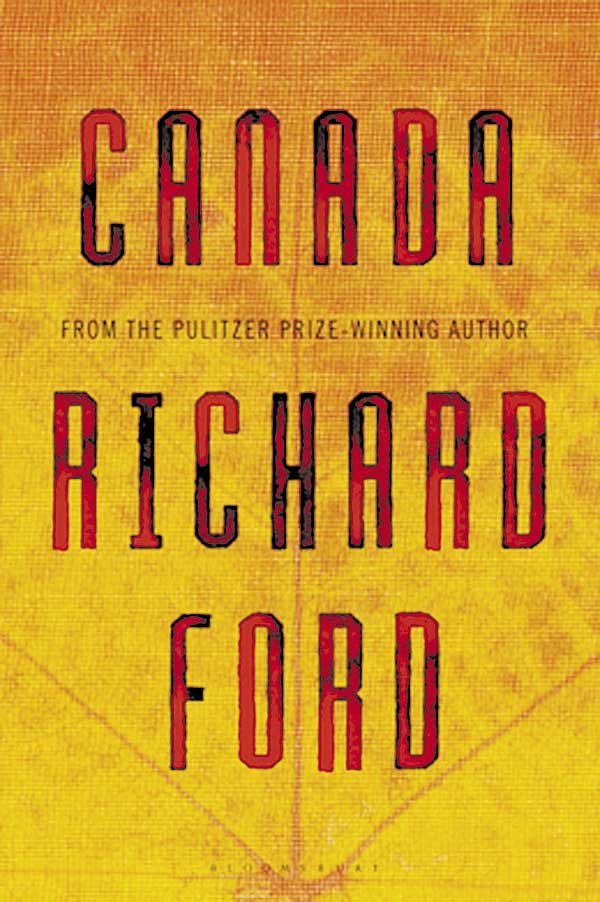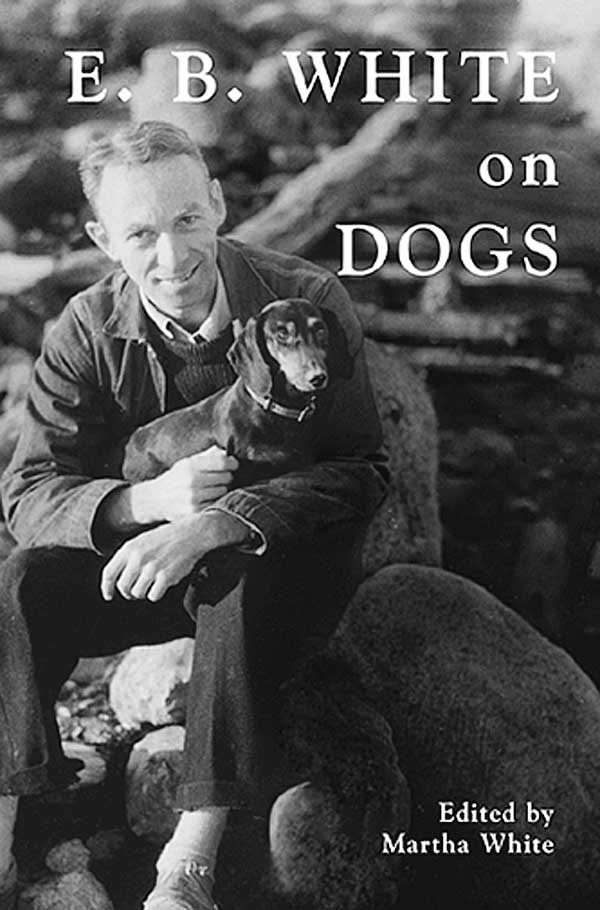CANADA
By Richard Ford
Ecco, 2012
420 pages, $27.99
ISBN 978-0-06-169204-8
The first two sentences of Richard Ford’s new novel are probably the most powerful and intriguing of any in a 2012 novel: “First, I’ll tell about the robbery our parents committed. Then about the murders which happened after.”
These are the words of Dell Parsons, a 15-year-old boy set adrift in an adult world he does not understand and cannot control. “Canada” is Ford’s eighth novel, a heartbreaking tale of a family pretending to be normal, but doomed by bad decisions. Ford lives in Boothbay Harbor, and won the Pulitzer Prize for fiction for his 1995 novel, “Independence Day.”
This lengthy novel, although disturbing and sad, is a brilliant, well-crafted story set in the summer and fall of 1960 in Montana and Saskatchewan, Canada, in the Cold War era of naïve innocence and the false image of the perfect family.
Dell and his twin sister, Berner, are the children of parents whose marriage is a brittle façade of fabricated hope and resentment. Living in the small town of Great Falls, Mont., and faced with dismal economic opportunities, Mom and Dad fatefully decide to rob a bank, a good example of a bad plan poorly executed with predictable results.
With their parents quickly arrested and imprisoned, Dell and Berner are abandoned. She runs away into obscurity, he is sent to live with a stranger in Canada. Dell is ill-equipped to be on his own: “I was still acting on the trust that adults do strange things that in the end are revealed as right, after which someone takes care of you.” And of course, he eventually and painfully learns that is wrong.
What happens in Canada and later is both shocking and poignantly satisfying, as Dell’s dreams of his uncertain future turn out to be better than expected.
E.B. WHITE ON DOGS
Edited by Martha White
Tilbury House Publishers, 2013
208 pages, $22.95
ISBN 978-0-88448-341-0
Maine has had a lot of wonderful writers over the years, but none as beloved as E.B. White, “this most distinguished of American essayists.” Perhaps best known for his famous children’s books,
“Charlotte’s Web” and “Stuart Little,” as well as his Maine column, “One Man’s Meat,” he was also a delightfully funny humorist, especially when writing about dogs.
White’s granddaughter, Martha White, also a successful essayist, has collected 78 of White’s funniest essays, poems — and letters written from 1929 to 1984 — in this charming tribute to great writing and dogs.
Many of the essays are from the New Yorker magazine in the 1920s-1940s, and the letters are to his wife, sister and friends, including fellow humorist James Thurber. White was a dog lover, and had numerous dog pets including collies, dachshunds, Scotties, terriers and various mutts. He wrote lovingly and wryly about his dogs, telling of their unique personalities and quirks, and how much joy and companionship they brought to his family.
In “Dog’s Life,” he tells about a cop and a beagle. In another short sketch he describes how his dog Daisy was arrested by Officer Porco, describes tick-hunting and writes about the fashionable art of New York City matrons strolling with a duo of dachshunds or “a platoon of poodles.”
Some of the funniest essays are spoofs of dog shows where he explains the curse of the terrier, and why a dog show is “the only place I know of where you can watch a lady go down on her knees in public to show off the good points of the dog, thus obliterating her own.”
Learn how Fred the dachshund never missed a meal, especially when the cat wasn’t looking, and why Democrats aren’t as cuddly as a warm dog.
— Bill Bushnell lives and writes in Harpswell
Copy the Story LinkSend questions/comments to the editors.




Success. Please wait for the page to reload. If the page does not reload within 5 seconds, please refresh the page.
Enter your email and password to access comments.
Hi, to comment on stories you must . This profile is in addition to your subscription and website login.
Already have a commenting profile? .
Invalid username/password.
Please check your email to confirm and complete your registration.
Only subscribers are eligible to post comments. Please subscribe or login first for digital access. Here’s why.
Use the form below to reset your password. When you've submitted your account email, we will send an email with a reset code.